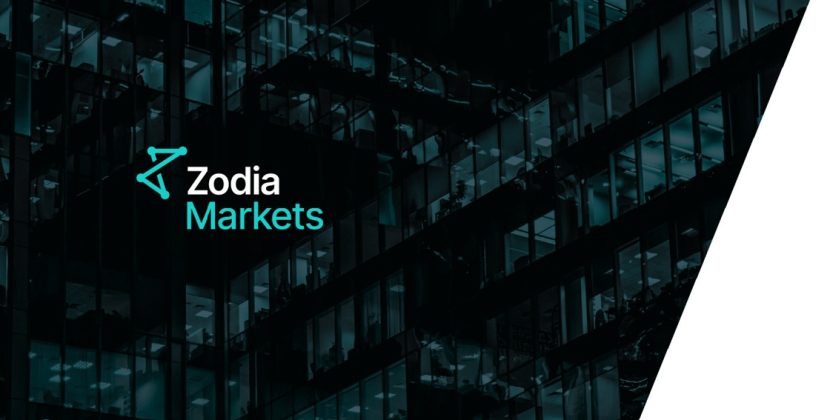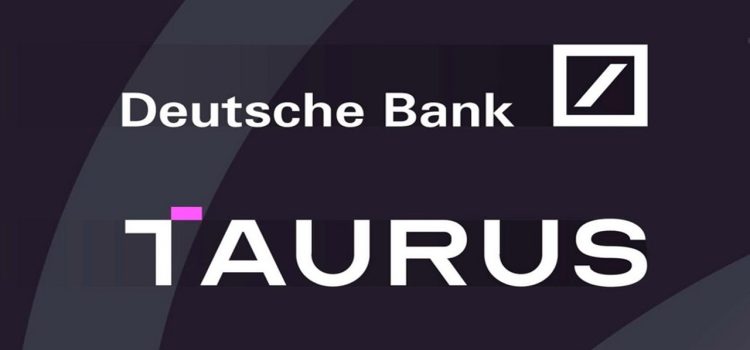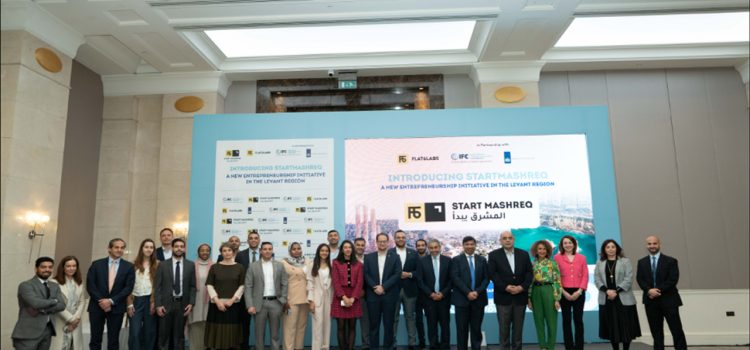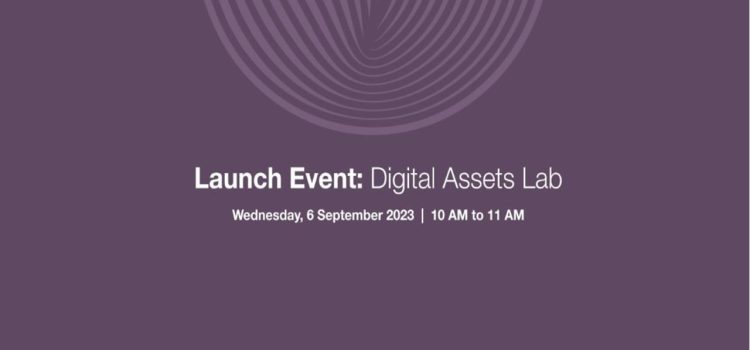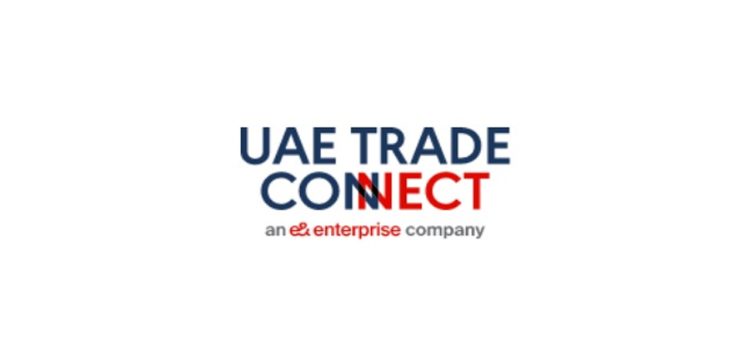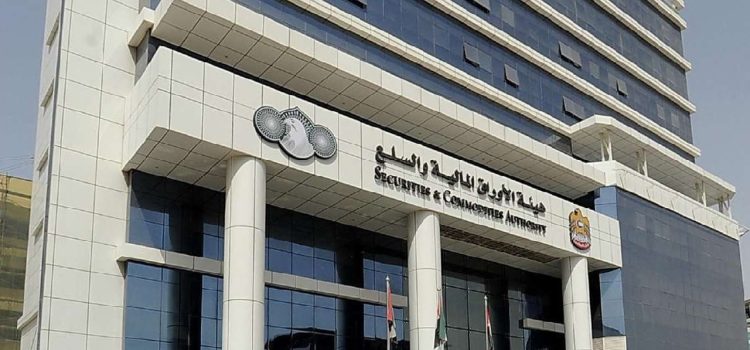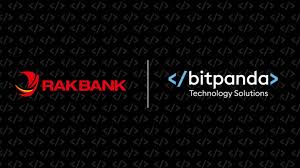
LFi, Canadian fintech tech startup, leveraging advance computing and blockchain has expanded into the UAE with a presence in Dubai under its new LFi Labs office. According to the news releases, the Lab will serve as a central hub for new advancements and innovations.
As per their website, LFi is a decentralized platform designed to provide equal opportunities for wealth generation and financial independence through crypto. It operates on its own blockchain, guided by a DAO-driven ecosystem.
The startup intends to fuse crypto, finance and technology to foster innovation and financial freedom. The tech startup seeks to provide a diverse range of products and services that give people greater access to tools and information for navigating the crypto and Web3 landscape.
According to the news, the establishment of the Labs locally in UAE gives the brand a strong foothold in one of the most progressive, influential, and technology-oriented economic hubs in the Middle East and North African region.
The company looks to collaborate with visionaries, tech enthusiasts, and creators from various backgrounds to realize revolutionary ideas that will shape the future.
The soft launch of LFi Labs event featured the LFi One smartphone, a smartphone that allows users to mint tokens and enter the crypto world seamlessly It also showcased
xLFi Minters, and other innovative products, the immersive experience offered a taste of what the future holds for the brand.
With the official opening on the horizon, CEO Luiz Góes expressed excitement toward the prospect of fresh collaborative opportunities with experts and market participants within the region. The CEO added that the platform’s new venture in Dubai aims to attain a “brighter era” for global crypto.
It is noteworthy that while LFI is a tech startup and might not need a regulatory license, if it offers any crypto services like minting its token and using its token for utility purposes, it definately will need one.

